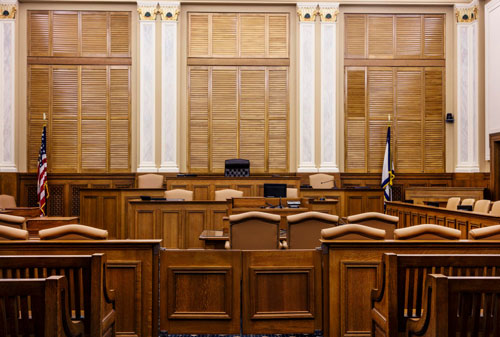Chief Justice Rabner continued in relevant part: To ensure fair and orderly proceedings, the Court exercises its supervisory authority under the State Constitution to require, going forward, that certain practices be applied to proposed first-time in-court identifications: (1) The State must file a motion in limine if it intends to conduct a first-time in-court identification, and the parties and the court should explore at the hearing whether good reason exists; (2) Prosecutors must disclose in writing anything discussed with a witness during trial preparation that relates to an upcoming in-court identification; (3) if a hearing is needed to determine admissibility, it should be conducted and resolved before the start of trial. The Court calls on the Criminal Practice Committee to consider amendments to the court rules, including Rules 3:11 and 3:13(b)(1)(J). The Court’s holding here applies to this and future cases, and to State v. Burney, ___ N.J. ___ (2023), filed today.
The Court explains why it was error to allow the teller’s in-court identification in this case and why that error requires reversal of defendant’s conviction under Rule 2:10-2. With or without the benefit of today’s ruling, the nature of the identification in this case raises concerns: Not only was the procedure highly suggestive given the layout of the courtroom and the stage of the case, but it is also difficult to imagine a more suggestive comment than telling a witness ahead of time where the defendant will be sitting — and then asking the witness to make an identification. In this case, there was no physical or forensic evidence aside from video surveillance tapes. The State’s case rested on identification evidence, which can be quite powerful. Here, the inadmissible identification evidence from the teller reinforced Joan’s pivotal identification. At a retrial, the State may not ask the teller to identify defendant again.
The requirement that prosecutors disclose anything discussed with a witness during trial preparation is a hollow safeguard. Our courts have long-recognized that law enforcement routinely lie when they believe doing so will prevent a wrongful acquittal and/or a variety of other reasons. If law enforcement did not believe that a defendant’s conviction was desirable, they would not have brought him or her to trial.

